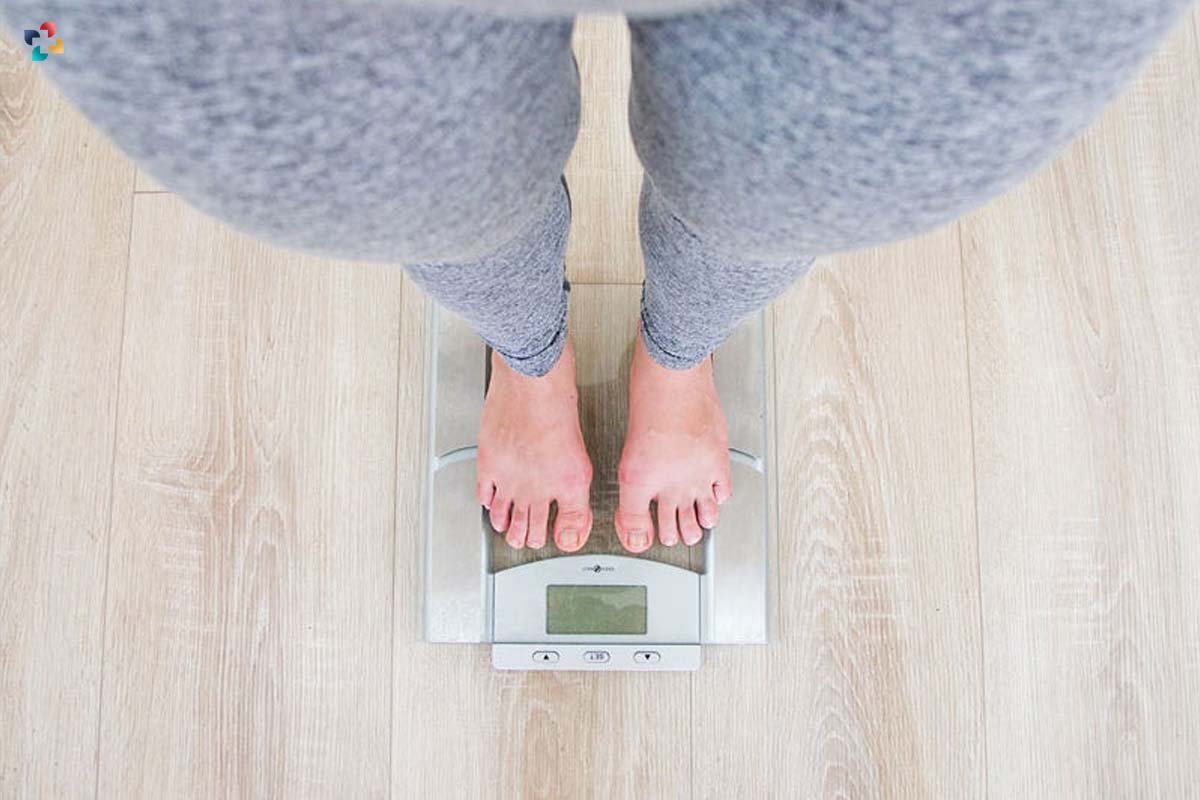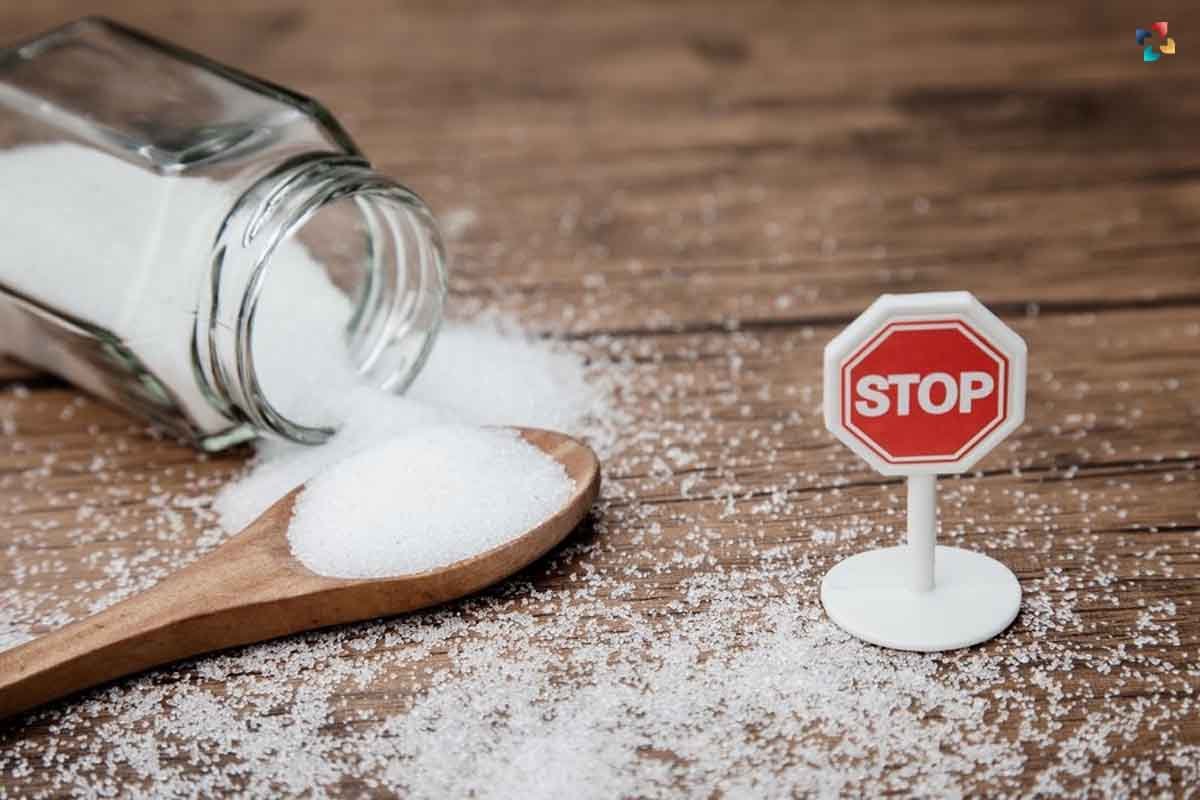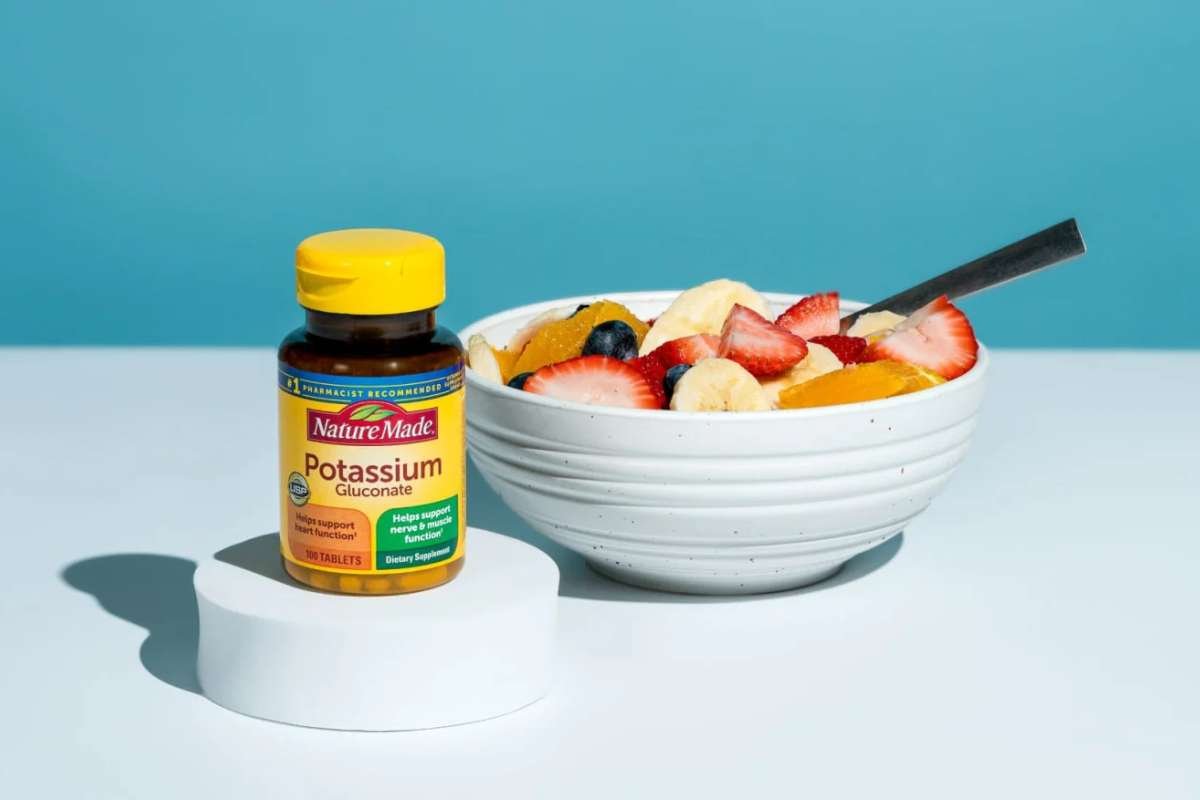Hormones are chemical messengers that affect your mental, physical, and emotional well-being so this is suggested always to Balance your Hormones Naturally. These, for example, play an important part in managing your appetite, weight, and mood.
Normally, your body creates the exact quantity of each hormone required for numerous activities in order to keep you healthy.
Sedentary lifestyles and Western food habits, on the other hand, may have an impact on your hormonal environment. Moreover, some hormone levels diminish with age, with some persons seeing a more severe reduction than others.
On the other hand, a nutritious diet and other healthy lifestyle practices may help enhance your hormonal health and enable you to feel and perform at your best to balance your Hormones Naturally.
Here are 5 Easy ways to balance your Hormones Naturally ;
1. Consume adequate protein at each meal.
It is essential to consume enough quantities of protein to balance your Hormones Naturally.
Protein not only provides critical amino acids that your body cannot create on its own but it is also required for the production of protein-derived hormones, commonly known as peptide hormones.

These hormones are produced by your endocrine glands from amino acids. Peptide hormones are important regulators of numerous physiological processes, including growth, energy metabolism, hunger, stress, and reproduction.
Protein, for example, regulates hormones that govern hunger and food intake, signaling energy status to your brain.
Protein consumption reduces the hunger hormone ghrelin while increasing the synthesis of hormones that help you feel full, such as peptide YY (PYY) and glucagon-like peptide-1 (GLP-1)
2. Exercise on a regular basis
Physical exercise has a significant impact on hormonal health. Apart from increasing blood flow to your muscles, exercise increases hormone receptor sensitivity, which means it improves food and hormone signal delivery Therefore it’s mandatory to balance your Hormones Naturally.
Exercise has the capacity to lower insulin levels and promote insulin sensitivity.
Insulin is a hormone that permits cells to absorb glucose from circulation and utilize it for energy. But, if you have insulin resistance, your cells may not respond to insulin appropriately. Diabetes, obesity, and heart disease are all risk factors for this syndrome.
Although some studies are still debating whether the gains are due to exercise or to decreasing weight or fat, data suggests that regular exercise may reduce insulin resistance regardless of body weight or fat mass loss.
Various forms of physical exercise, including high-intensity interval training, weight training, and cardio, have been demonstrated to help reduce insulin resistance.
3. Keep a healthy weight
Weight gain is strongly related to hormonal abnormalities, which may lead to issues with insulin sensitivity and reproductive health.
Obesity is significantly connected to the development of insulin resistance while reducing weight is associated with improved insulin resistance and a lower risk of diabetes and heart disease.

Obesity is also linked to hypogonadism, which is defined as a decrease or lack of hormone release from the testes or ovaries. In fact, this is one of the most important hormonal consequences of male obesity.
This indicates that obesity is closely linked to reduced testosterone levels in males and adds to a lack of ovulation in women, which is a typical cause of infertility Hence Recommended to Balance your Hormones Naturally.
4. Maintain your intestinal health
Your gut contains about 100 trillion friendly bacteria, which create a variety of compounds that may influence hormone health in both good and negative ways so that you can balance your Hormones Naturally.
The bacteria in your gut control hormones by influencing insulin resistance and feelings of fullness.
As your gut bacteria ferment fiber, for example, it creates short-chain fatty acids (SCFAs) like acetate, propionate, and butyrate. Acetate and butyrate both contribute to weight control by boosting calorie burn and hence helping in the prevention of insulin resistance.
Acetate and butyrate also increase the fullness hormones GLP-1 and PYY, which control sensations of fullness.
Obesity, studies suggest, may alter the makeup of the gut microbiota, promoting insulin resistance and inflammation (24Trusted Source).
5. Reduce your sugar consumption
Reduced added sugar consumption may be beneficial in improving hormone function and preventing obesity, diabetes, and other disorders.
Fructose is a simple sugar found in many forms of sugar, including up to 43% of honey, 50% of refined table sugar, 55% of high fructose corn syrup, and 90% of agave.

Moreover, sugar-sweetened beverages are the most prevalent source of added sugars in the Western diet, and fructose is widely employed commercially in soft drinks, fruit juice, and sports and energy drinks.
Fructose consumption in the United States has expanded rapidly since roughly 1980, and studies repeatedly indicate that ingesting additional sugar causes insulin resistance – independent of overall calorie intake or weight gain.
Long-term fructose consumption has been associated with gut microbiota alterations, which may lead to other hormonal abnormalities and affect negatively to Balance of your Hormones Naturally.







